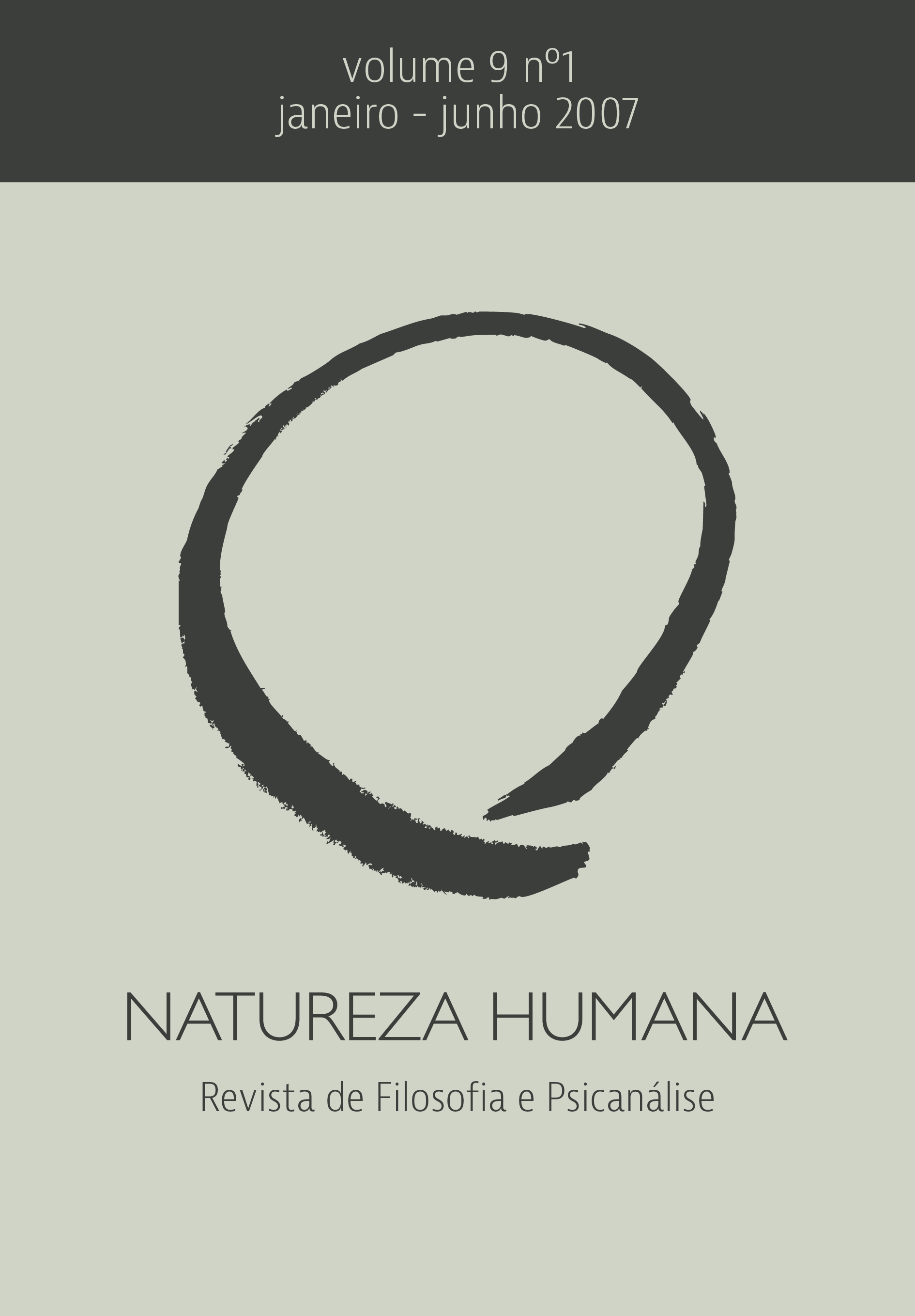The ego development of children with cogenital blindness
DOI:
https://doi.org/10.59539/2175-2834-v9n1-909Keywords:
ego development; congenitally blind children; theory of maturation; psychoanalyze of Winnicott.Abstract
This article proposes a reflection upon the ego development of children with congenital blindness through maturation theory. For Winnicott the human nature is a matter of psyche-some in constant interaction, the human being is essentially psychosomatic, in which the body is the first to arrive and the imaginative elaboration of the body functions are the elements that constitute and enrich the psychic life. This conception of the human nature seems to be the most clarifying for the comprehension of the development and the self constitution of the children with congenital blindness; children who arrive into the world with a significantly different organic constitution, which conducts them through a peculiar path in their process of perception and maturity. Many difficulties are pointed out on the description of the development of these children: passivity of the ego, absence of interest for objects, delay on the acquisition of abilities, disinterest for children’s play, verbalism. Behaviors similar to those of autistic children. We believe that through Winnicott’s developmental theory a lot of these vicissitudes can be comprehended and some therapeutic procedures can be indicated.Downloads
Published
2024-10-02 — Updated on 2007-10-02
How to Cite
Amiralian, M. L. T. M. (2007). The ego development of children with cogenital blindness. Human Nature - International Philosophy and Psychology Review, 9(1), 129–153. https://doi.org/10.59539/2175-2834-v9n1-909
Issue
Section
Artigos








